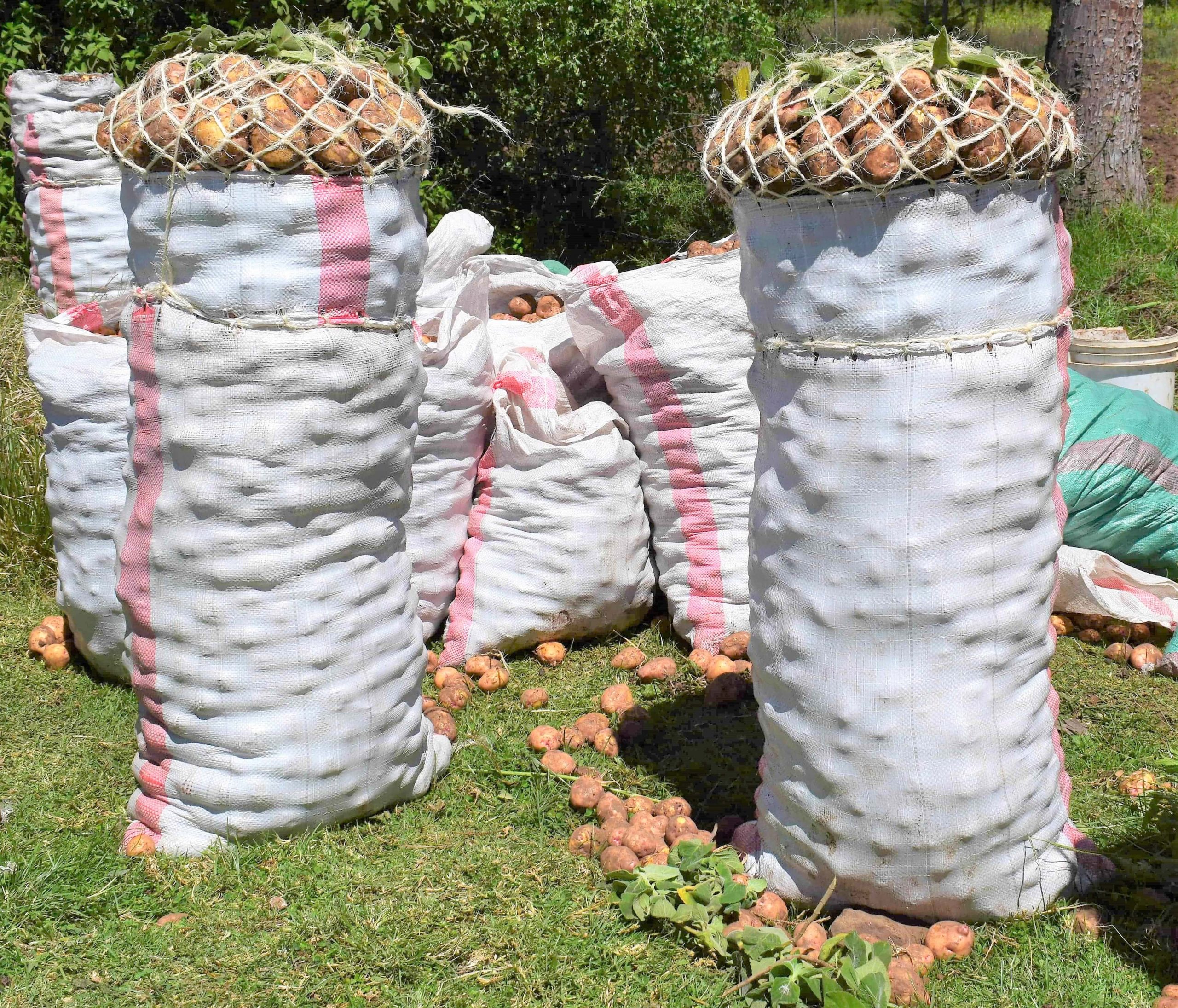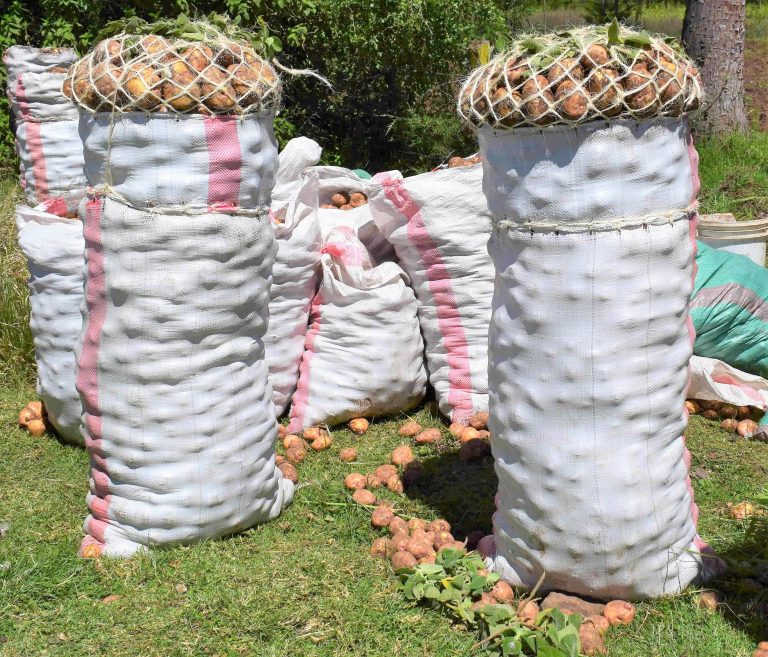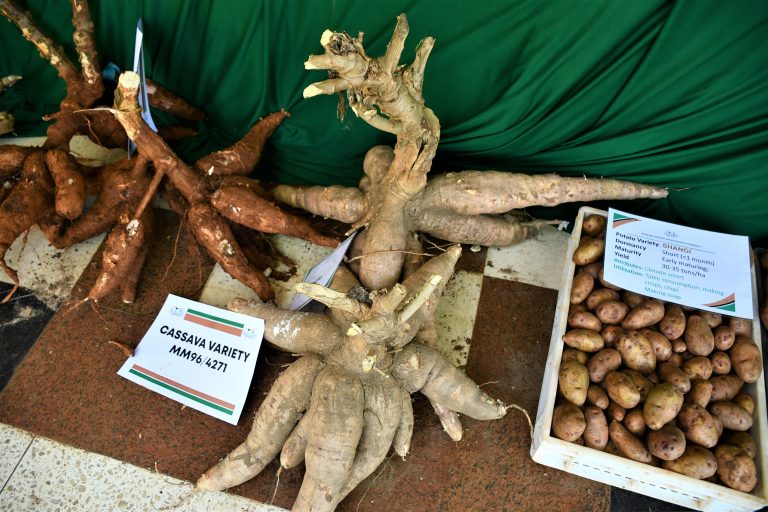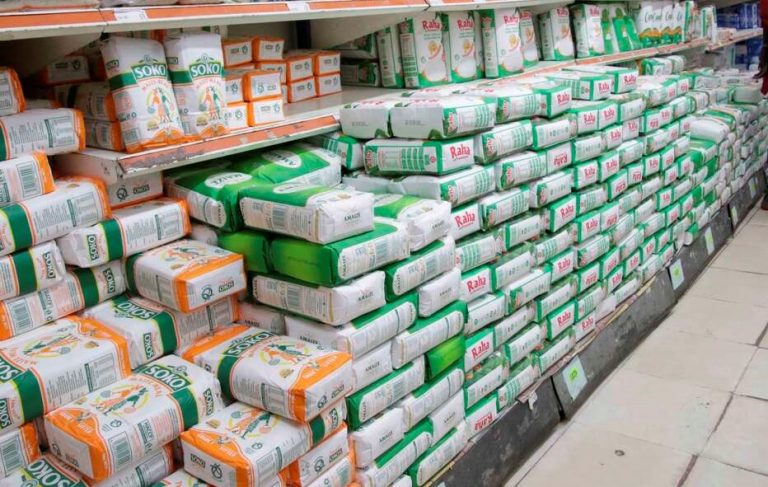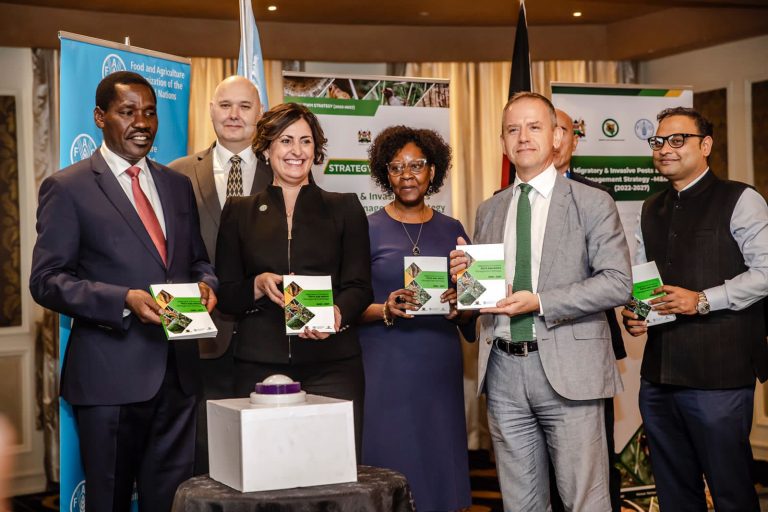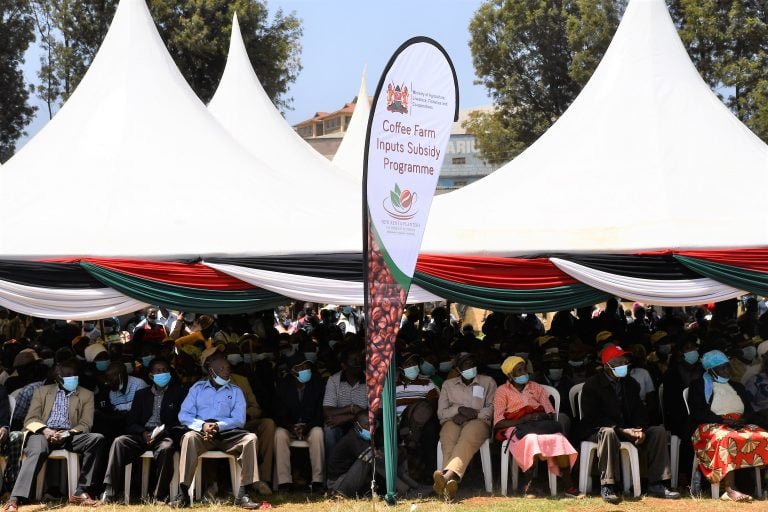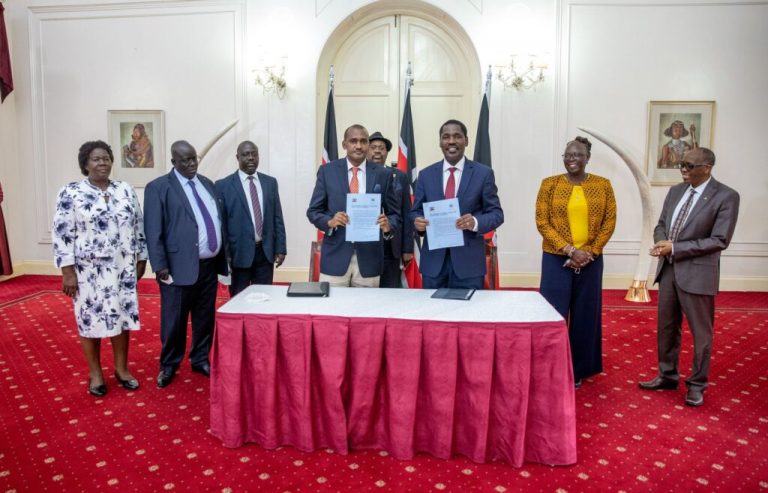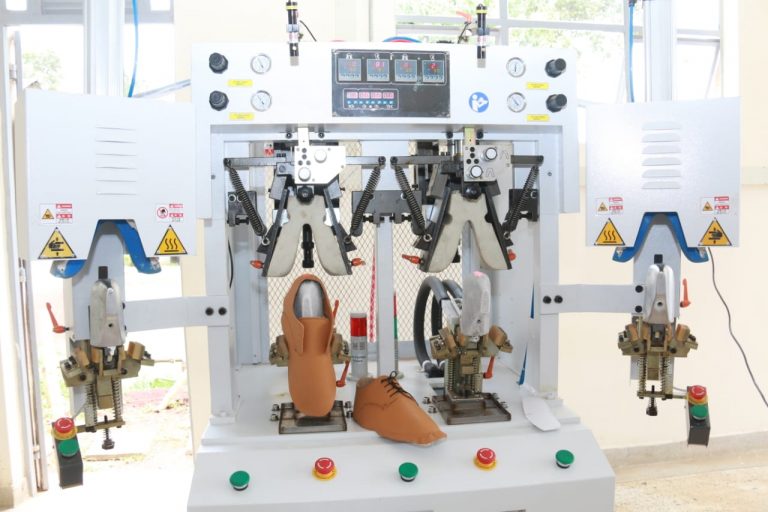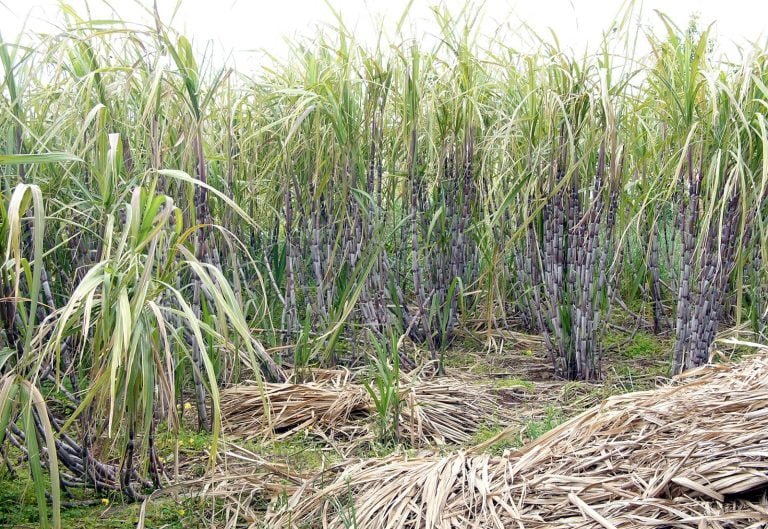The Potato crop is the second most important food crop in Kenya only after maize and is grown by close to 1 million smallholder farmers. 90% of potatoes are grown by smallholder farmers on less than half an acre of land. It employs about 3 million people along the entire value chain and contributes close to KShs. 50 billion to the economy.
In Kenya, potato is one of the most consumed produce, acting as a staple food as well as a cash crop, and it’s production has been growing rapidly due to increased urbanization and fast food industries. According to the Ministry of Agriculture, the crop has emerged as one of the strategic enterprises with the potential to play a greater role in the realization of the set objectives of the Vision 2030 of improving food security, poverty reduction, and increasing households’ incomes.
Currently, it is grown in over 15 counties, the leading being Nyandarua followed by Elgeyo Marakwet. However, Agriculture CS Peter Munya says it has been affected by numerous challenges including low yields that are largely attributed to climate change, poor agronomic practices, low application of inputs especially fertilizers, low soil fertility, limited access to good quality seeds, and exploitative unstructured marketing. This has led to farmers getting extremely poor returns in spite of the high demand in the domestic market.
Munya says there is a slow development of Micro, Small, and Medium Enterprises (MSME) within the potato value chain and low implementation of the potato regulations, especially in the counties. “Despite these challenges, there is a great potential for transformation and growth of the Kenya Potato Industry. To reverse this situation, my Ministry has initiated and taken several steps including the formulation and roll out of the Crops (Irish Potato) Regulations, 2019 to provide an enabling environment for the development of the potato value chain,” he adds. The potato regulations the CS says are further aimed at supporting the development of the potato value chain through the generation of accurate market information to guide planning and investment, providing farmers with focused production advisory services to meet market standards for produce that is safe and can trade locally, regionally and internationally.
“To further the concerted efforts in the promotion and development of the potato value chain, it has been found necessary to establish and operationalize the National Potato Taskforce to fast-track the progress in this value chain, and safeguard farmers’ livelihoods amidst a complex trade environment. I believe this initiative will reshape potato production systems in the country and this is, therefore, to ask this task force to have structured engagements with all stakeholders including government entities and all sector players and industry groups,” said Munya during the unveiling of the Taskforce.
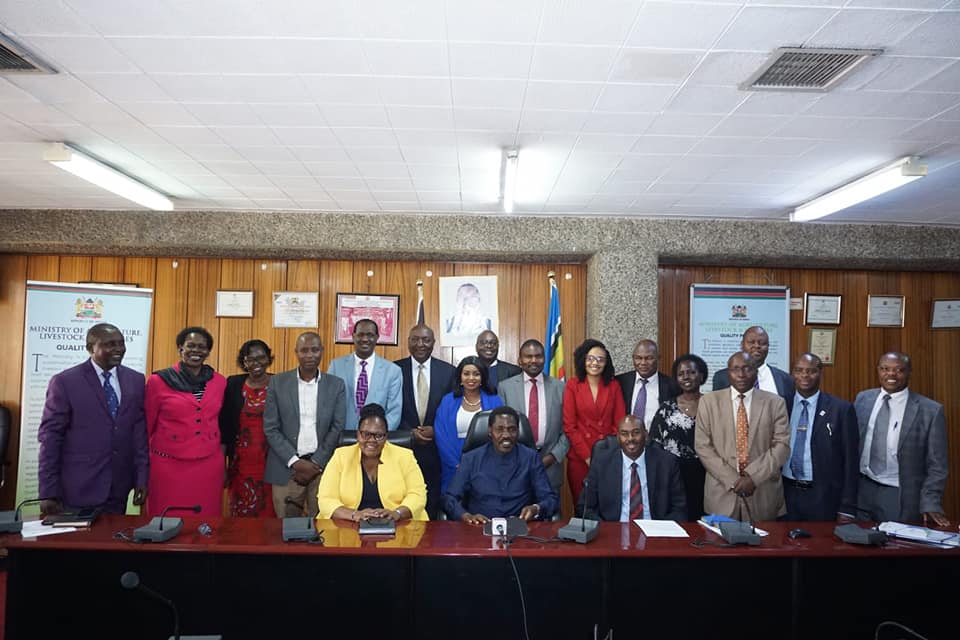
The task force will be expected to include and consider contemporary and comparative best practices across the world that have made the enterprise highly successful and have enhanced social and economic benefits including fairness and equity. During the launch, Munya also said the Ministry will review any relevant policies and strategies to identify the necessary actions to revive the potato value chain as recommended by the task force. “I want to promise that my Ministry will be at the forefront in supporting you to carry out your tasks,” opined the Cs.
Munya told the task force that their output will enhance steps in the value chain towards increased yields of Irish potatoes, fuelled by increased demand for:
• Appropriate seed and inputs
• Increased private investments in seed production
• Potato production
• Warehousing
• Agro-processing and marketing of potatoes
• Increased savings and investments by farming families.


